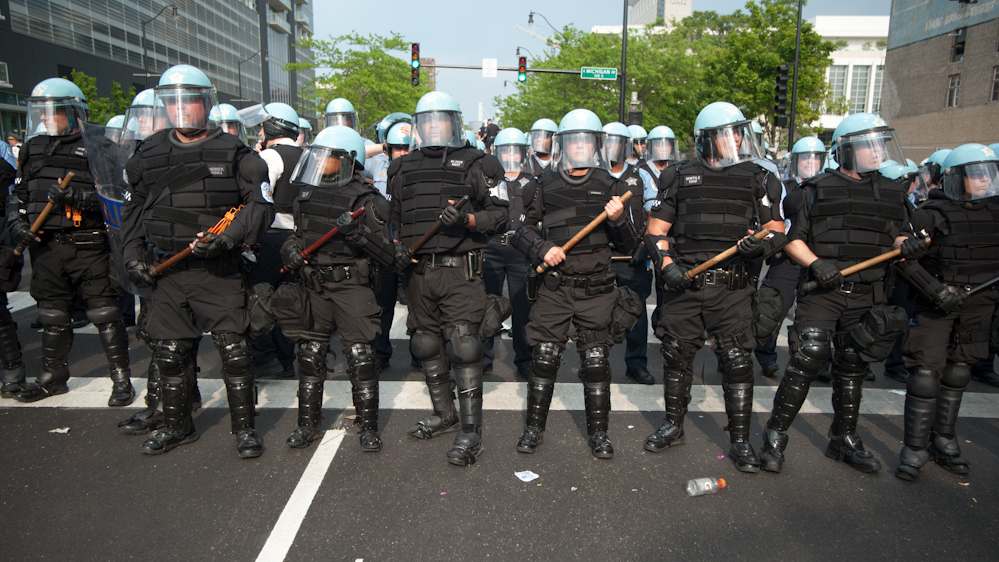 A contentious surveillance provision of the Patriot Act, which allows law enforcement to conduct searches while delaying informing the suspect, is broadly used, but almost never in terrorism cases—despite Justice Department officials arguments to the contrary, according to an analysis by the Electronic Frontier Foundation (EFF).
A contentious surveillance provision of the Patriot Act, which allows law enforcement to conduct searches while delaying informing the suspect, is broadly used, but almost never in terrorism cases—despite Justice Department officials arguments to the contrary, according to an analysis by the Electronic Frontier Foundation (EFF).
“Yet again, terrorism concerns appear to be trampling our civil liberties,” writes EFF’s Mark Jaycox.
The rights group analyzed federal reports from 2011, 2012, and 2013, released after an unexplained three-year delay, on warrants that were issued under Section 213, known colloquially as “Sneak and Peek.”
Out of more than 11,000 requests for those delayed-notification searches in 2013, a grand total of 51 were used for terrorism cases, EFF found. Almost all of the other Sneak and Peek warrants went to drug investigations.
Notifications of searches were routinely delayed by at least a month, and often by several. The average (pdf) delay nationwide in 2013 was 64 days.
Fraud, theft, and immigration investigations all garnered more Sneak and Peek warrants than terrorism cases.
“Yet again, terrorism concerns appear to be trampling our civil liberties”
—Mark Jaycox.
“Exactly what privacy advocates argued in 2001 is happening: sneak and peak warrants are not just being used in exceptional circumstances—which was their original intent—but as an everyday investigative tool,” Jaycox writes.
Jaycox continues:
The 2013 report confirms the incredibly low numbers. Out of 11,129 reports only 51, or .5%, of requests were used for terrorism. The majority of requests were overwhelmingly for narcotics cases, which tapped out at 9,401 requests.
In addition to their egregious use, the number of warrants issued has skyrocketed, with requests nearly tripling in just three years. By contrast, police made 47 sneak-and-peek searches nationwide from September 2001 to April 2003.
Section 213 was enacted over protests by civil rights groups who noted that the FBI already had the power to conduct delayed-notification searches in terrorism investigations through the Foreign Intelligence Surveillance Act (FISA).
“Section 213 authorizes sneak-and-peek searches in run-of-the-mill criminal investigations, not just in foreign-intelligence investigations involving terrorists,” the ACLU warned in 2003. Likewise, even as the Supreme Court ruled in Wilson v. Arkansas and Richards v. Wisconsin that the Fourth Amendment required police to “knock and announce” their entry into property when conducting a search, the decision allowed for police to skirt that rule in situations where evidence or their safety was under threat.
“Section 213 codified this practice into statute, taking delayed notice from a relatively rare occurrence into standard operating law enforcement procedure,” Jaycox writes.
As Radley Balko notes, “this was all immediately after the terrorist attacks of Sept. 11, 2001, and there was little patience for civil libertarians. The massive Patriot Act of course passed overwhelmingly…. sneak-and-peek is increasingly ubiquitous while the justification for granting the government this power in the first place—terrorism—is not only irrelevant to the tactic’s increasing pervasiveness, it gets more irrelevant every year.”

